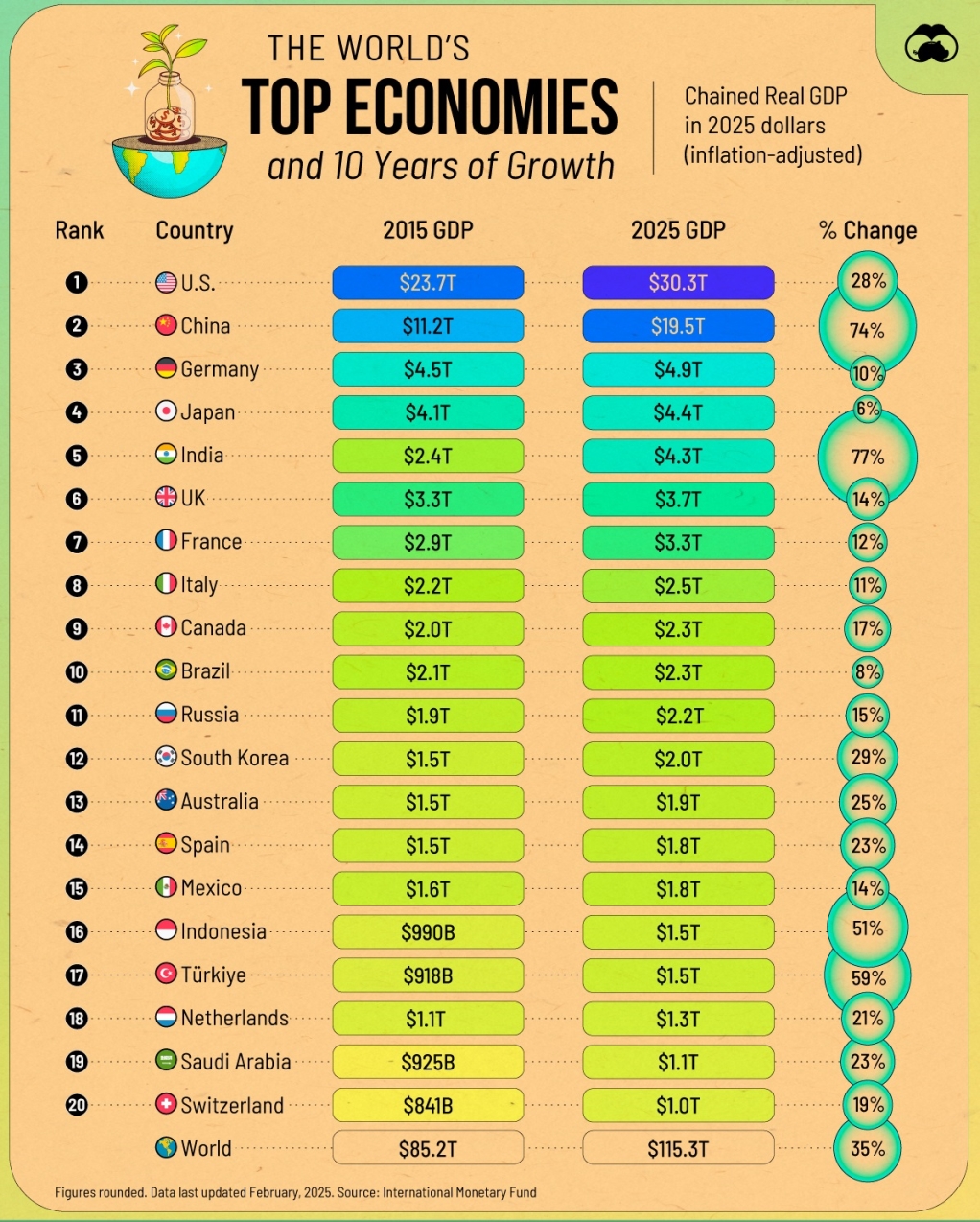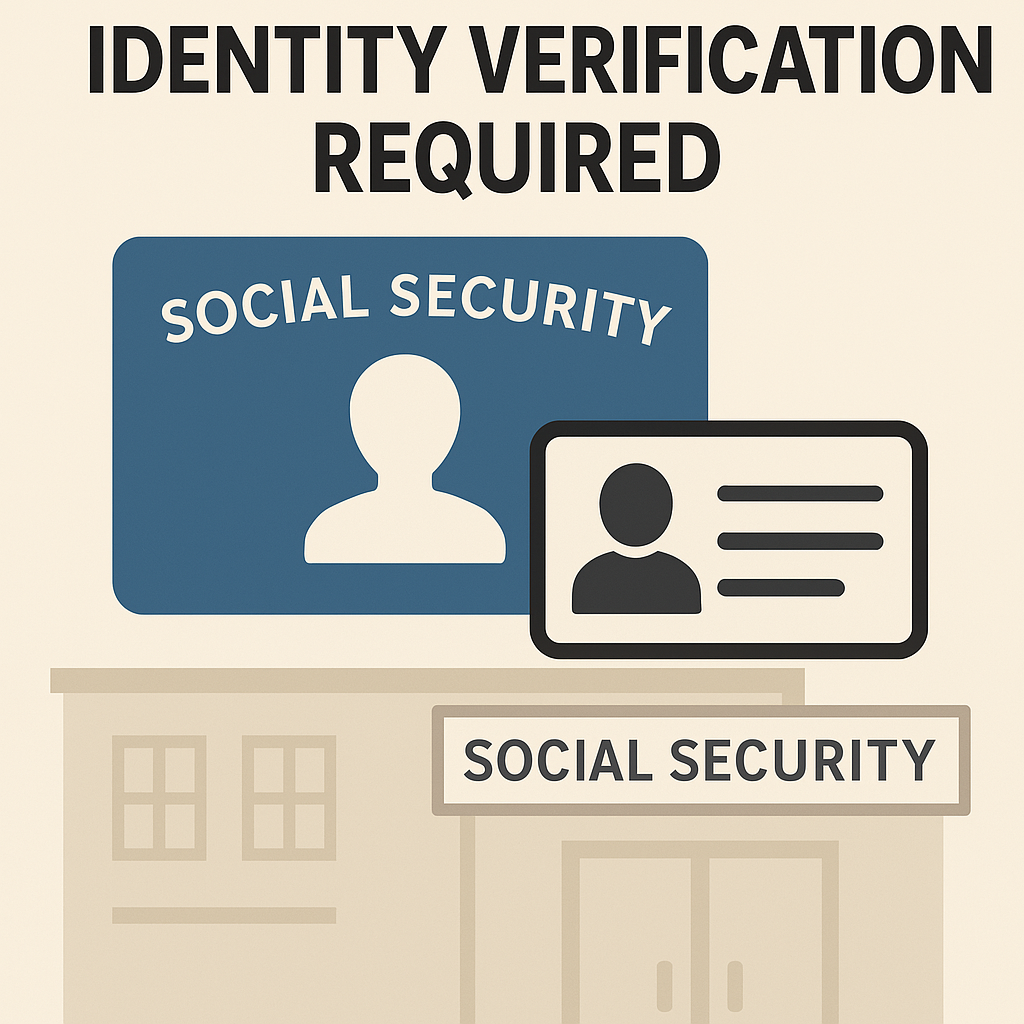In the search for income over the last several years, many people have been sold private REITs by financial advisors. A private REIT does not trade on a stock exchange and has a price that is quoted only quarterly at best. When one initially purchases a private REIT, they pay upfront fees ranging from 9-15% of the purchase price which typically goes to the advisor selling the REIT.
In some cases, the properties that are being purchased by the REIT are not able to be identified as they are part of a blind pool. When a REIT is private it makes transparency hard to come by, as reporting standards are not the same as they are for publicly traded REITs.
Though a price is quoted to give value, the REIT is not immediately redeemable at that value. The value of a private REIT can be hard to determine as they normally publish their price on a quarterly basis. The difficulty in determining value makes liquidating very difficult. Many REITs have a seven-year holding period before redemptions can occur, and those redemptions might be on a scheduled basis only. If someone wanted to sell their REIT prior to a scheduled redemption they might find someone who would purchase the REIT from them, however, these buyers often start the bids 20-30% below fair value. The discount to fair value is due to the lack of liquidity they are assuming by purchasing someone else’s units.
If there are so many issues in regards to fees and liquidity, then why do people want to purchase private REITs? The answer is income. Private REITs normally have generous distributions. There have been cases where a private REIT has cash flow issues and pay out the distributions from other investor funds. Often a portion of the distribution is a return of the principal someone has paid into the REIT. Either of these instances might require the REIT to lower a number of its future distributions as returning investor capital will further restrict the ability to generate cash flows in the future.
Finally, many private REITs hire outside managers to run the property portfolio, in turn generating more fees. These extra fees eat into the return of the cash flow to the investor. So are these private REITs the best way for someone to invest in real estate?
There are REITs that trade publicly and offer a reasonable return to investors as well as liquidity. In-order-to list a REIT on a stock exchange reporting requirements become much more stringent. This increases the transparency of the investment and of course, the public listing makes liquidity immensely better. As with all investments, it is important to have a good understanding of the risks involved in purchasing them. If you have questions, Davis Capital Management can help. You can also find more information on our website www.daviscapitalsite.com




